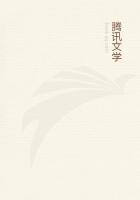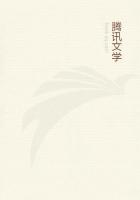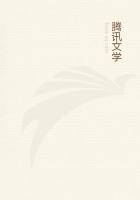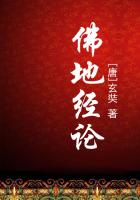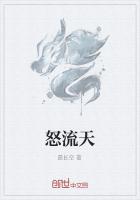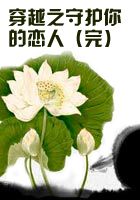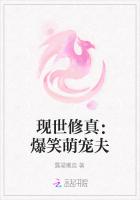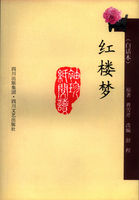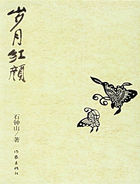[Cos. Cea is the form of the name given by Pliny]
If to philosophise be, as 'tis defined, to doubt, much more to write at random and play the fool, as I do, ought to be reputed doubting, for it is for novices and freshmen to inquire and to dispute, and for the chairman to moderate and determine.
My moderator is the authority of the divine will, that governs us without contradiction, and that is seated above these human and vain contestations.
Philip having forcibly entered into Peloponnesus, and some one saying to Damidas that the Lacedaemonians were likely very much to suffer if they did not in time reconcile themselves to his favour: "Why, you pitiful fellow," replied he, "what can they suffer who do not fear to die?" It being also asked of Agis, which way a man might live free? "Why," said he, "by despising death." These, and a thousand other sayings to the same purpose, distinctly sound of something more than the patient attending the stroke of death when it shall come; for there are several accidents in life far worse to suffer than death itself. Witness the Lacedaemonian boy taken by Antigonus, and sold for a slave, who being by his master commanded to some base employment: "Thou shalt see," says the boy, "whom thou hast bought; it would be a shame for me to serve, being so near the reach of liberty," and having so said, threw himself from the top of the house. Antipater severely threatening the Lacedaemonians, that he might the better incline them to acquiesce in a certain demand of his: "If thou threatenest us with more than death," replied they, "we shall the more willingly die"; and to Philip, having written them word that he would frustrate all their enterprises: "What, wilt thou also hinder us from dying?" This is the meaning of the sentence, "That the wise man lives as long as he ought, not so long as he can; and that the most obliging present Nature has made us, and which takes from us all colour of complaint of our condition, is to have delivered into our own custody the keys of life; she has only ordered, one door into life, but a hundred thousand ways out. We may be straitened for earth to live upon, but earth sufficient to die upon can never be wanting, as Boiocalus answered the Romans."--[Tacitus, Annal., xiii. 56.]-- Why dost thou complain of this world? it detains thee not; thy own cowardice is the cause, if thou livest in pain. There needs no more to die but to will to die:
"Ubique mors est; optime hoc cavit deus.
Eripere vitam nemo non homini potest;
At nemo mortem; mille ad hanc aditus patent."
["Death is everywhere: heaven has well provided for that. Any one may deprive us of life; no one can deprive us of death. To death there are a thousand avenues."--Seneca, Theb:, i, I, 151.]
Neither is it a recipe for one disease only; death is the infallible cure of all; 'tis a most assured port that is never to be feared, and very often to be sought. It comes all to one, whether a man give himself his end, or stays to receive it by some other means; whether he pays before his day, or stay till his day of payment come; from whencesoever it comes, it is still his; in what part soever the thread breaks, there's the end of the clue. The most voluntary death is the finest. Life depends upon the pleasure of others; death upon our own. We ought not to accommodate ourselves to our own humour in anything so much as in this.
Reputation is not concerned in such an enterprise; 'tis folly to be concerned by any such apprehension. Living is slavery if the liberty of dying be wanting. The ordinary method of cure is carried on at the expense of life; they torment us with caustics, incisions, and amputations of limbs; they interdict aliment and exhaust our blood; one step farther and we are cured indeed and effectually. Why is not the jugular vein as much at our disposal as the median vein? For a desperate disease a desperate cure. Servius the grammarian, being tormented with the gout, could think of no better remedy than to apply poison to his legs, to deprive them of their sense; let them be gouty at their will, so they were insensible of pain. God gives us leave enough to go when He is pleased to reduce us to such a condition that to live is far worse than to die. 'Tis weakness to truckle under infirmities, but it's madness to nourish them. The Stoics say, that it is living according to nature in a wise man to, take his leave of life, even in the height of prosperity, if he do it opportunely; and in a fool to prolong it, though he be miserable, provided he be not indigent of those things which they repute to be according to nature. As I do not offend the law against thieves when I embezzle my own money and cut my own purse; nor that against incendiaries when I burn my own wood; so am I not under the lash of those made against murderers for having deprived myself of my own life.
Hegesias said, that as the condition of life did, so the condition of death ought to depend upon our own choice. And Diogenes meeting the philosopher Speusippus, so blown up with an inveterate dropsy that he was fain to be carried in a litter, and by him saluted with the compliment, "I wish you good health." "No health to thee," replied the other, " who art content to live in such a condition.
And in fact, not long after, Speusippus, weary of so languishing a state of life, found a means to die.
But this does not pass without admitting a dispute: for many are of opinion that we cannot quit this garrison of the world without the express command of Him who has placed us in it; and that it appertains to God who has placed us here, not for ourselves only but for His Glory and the service of others, to dismiss us when it shall best please Him, and not for us to depart without His licence: that we are not born for ourselves only, but for our country also, the laws of which require an account from us upon the score of their own interest, and have an action of manslaughter good against us; and if these fail to take cognisance of the fact, we are punished in the other world as deserters of our duty:

